US to offer landmark defence treaty to Saudi Arabia in bid to spur Israel normalisation deal
The White House is close to finalising the pact as it tries to keep broader regional diplomatic efforts going after months of ceasefire talks between Israel and Hamas.
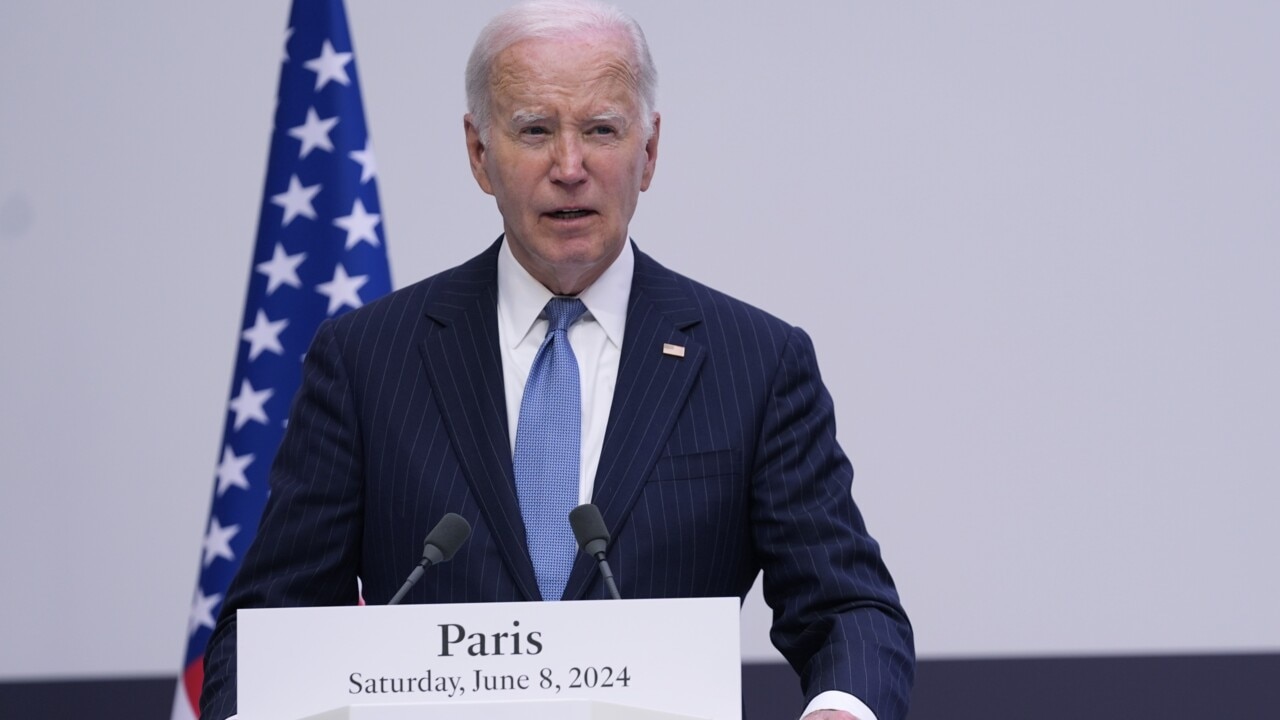
The Biden administration is close to finalising a treaty with Saudi Arabia that would commit the US to help defend the Gulf nation as part of a longshot deal to encourage diplomatic ties between Riyadh and Israel, US and Saudi officials said.
But the success of the diplomatic effort hinges on Israel’s commitment to a separate Palestinian state, and more immediately an end to the war in Gaza, an unlikely proposition amid months of fruitless ceasefire talks and an Israeli weekend raid to retrieve hostages from the heart of the territory.
The US aims to present Israeli leaders with an opportunity to achieve their long-sought goal of establishing normal relations with Saudi Arabia, opening the door to greater acceptance in the Arab and Muslim worlds. In return, Israel must support a credible pathway toward a two-state solution with the Palestinians, something the current Israeli government and most of the country’s public oppose.
The diplomatic push for a defence pact with Riyadh marks a remarkable turnaround for President Joe Biden, who as a candidate vowed to treat Saudi Arabia as a pariah and make it pay a price for the assassination of journalist Jamal Khashoggi, a US resident. Biden is now on the cusp of making a formal commitment to protect the oil-rich monarchy, which is charting an ambitious path of economic and social development while still suppressing dissent.
“It would be the first time the US concluded a mutual defence pact that would carry the force of law since the 1960 revision of the US-Japan treaty, and the first time it concluded such an agreement with an authoritarian country,” said Aaron David Miller, a former US peace negotiator now with the Carnegie Endowment for International Peace, a Washington-based think tank.
A security alliance would elevate Saudi Arabia’s regional standing and entrench the US military role in the Middle East as it convulses from the October 7 attack led by Hamas against Israel and ensuing war in Gaza. A deal would also buttress Saudi Arabia’s security, while risking increased tensions with Iran, which competes for regional supremacy with Saudi Arabia and has been deepening its ties with Russia.
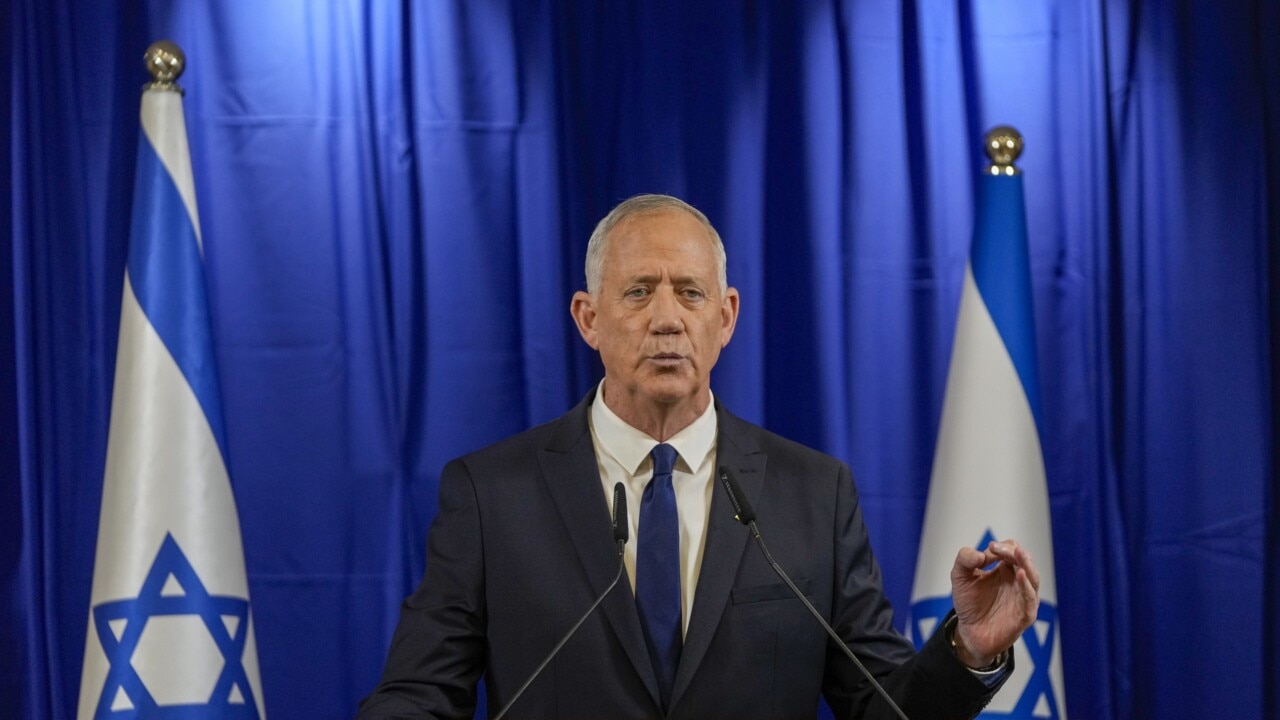
US national security adviser Jake Sullivan said last month that Israel’s long-term security depends on its regional integration and normal relations with Arab states, including Saudi Arabia.
“We should not miss a historic opportunity to achieve the vision of a secure Israel, flanked by strong regional partners, presenting a powerful front to deter aggression and uphold regional stability,” Sullivan told reporters. “We are pursuing this vision every day.” The treaty — known as the Strategic Alliance Agreement — must obtain a two-thirds majority vote in the Senate as required by the Constitution. It is unlikely to gain support from enough lawmakers without being linked to a Saudi commitment to normalise ties with Israel.
Before the Saudis do that, though, they would like to see an end to the war in Gaza as well as what they term as irreversible and irrevocable steps within several years toward the establishment of a Palestinian state. Israeli opposition to a two-state solution could make that a difficult hurdle to clear.
The draft treaty is modelled loosely on Washington’s mutual security pact with Japan, according to the US and Saudi officials. In exchange for the US commitment to help defend Saudi Arabia if it were attacked, it would grant Washington access to Saudi territory and airspace to protect US interests and regional partners. It is also intended to bind Riyadh closer to Washington by prohibiting China from building bases in the kingdom or pursuing security co-operation with Riyadh, the officials said.
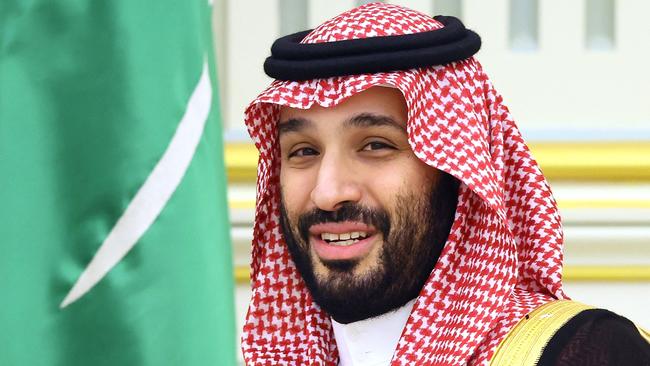
The agreement would make Saudi Arabia the only Arab state with a formal US defence treaty. While Israel isn’t a treaty ally, US policy has for decades centred on assurances to help it maintain a “qualitative military edge” in the region, which was enshrined in law in 2008. The US security commitment to Israel was demonstrated in April, when the US led a multinational response to protect Israel from a large Iranian drone and missile attack.
In the wider region, Turkey’s membership in NATO provides a stronger mutual defence commitment. Seven other Arab countries are major non-NATO allies, a status that affords some US defence and security benefits but is otherwise largely symbolic and nonbinding.
A megadeal that includes a US-Saudi security alliance and Saudi-Israeli normalisation would represent a geostrategic victory for Washington, said Jonathan Panikoff, a former senior US intelligence official now at the Atlantic Council think tank, with potential to shift historic alliances in the Middle East.
“By ensuring that Saudi Arabia is more fulsomely tied to the US when it comes to security, technology, and long-term economic and commercial efforts,” he said, it would also “disrupt efforts by Beijing to make progress in the region and find additional allies willing to support its efforts to shift away from the US-led liberal international order.” The broader deal — but not the treaty — is expected to include US support to develop a Saudi civilian nuclear program with uranium enrichment, another extremely sensitive issue that needs to be finalised.
The Biden administration’s effort to encourage normalisation between Israel and Saudi Arabia was under way well before Hamas’s October 7 attack on Israel, which the president and some Middle East experts say was aimed at disrupting that process.
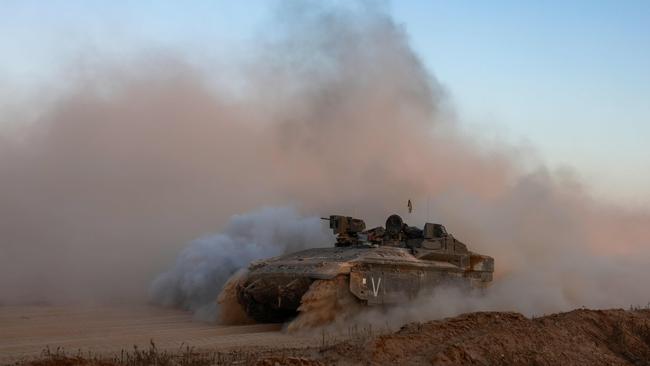
Talks paused for a period after the Gaza war erupted, but then they resumed. A breakthrough in the coming months would offer Biden a major foreign policy victory ahead of presidential elections where his backing of Israel in the Gaza war has cost him support from his Democratic base.
Drafting of the treaty was nearly finalised last month when Sullivan and other senior US officials met Saudi Crown Prince Mohammed bin Salman, with conceptual agreement achieved on most provisions, the officials said. A parallel Defense Cooperation Agreement, which can be enacted by executive order, is also being drafted to boost weapons sales, intelligence sharing and strategic planning on joint threats including terrorism and Iran.
While a ceasefire isn’t a formal requirement for the normalisation push, American and Saudi officials say that as a practical matter the broader deal can’t be achieved without it.
Secretary of State Antony Blinken said on Saturday that the US was still pressing for a ceasefire agreement in the wake of Israel’s hostage rescue mission and that Hamas was now the main obstacle to an agreement to suspend the fighting.
“The only thing standing in the way of achieving this ceasefire is Hamas,” Blinken said. “It is time for them to accept the deal.” Hamas says that any peace deal in Gaza should include a permanent ceasefire, which Netanyahu has publicly opposed.
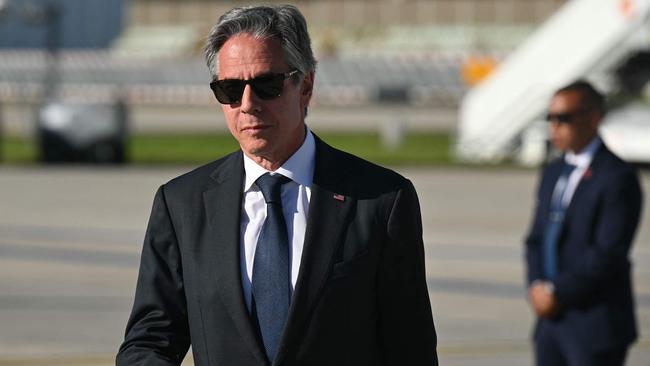
The US-Saudi partnership has focused for decades on oil and security, including counter-terrorism efforts against al Qaeda and Islamic State and the deployment of half a million US troops to the kingdom in 1990 to repel Iraqi dictator Saddam Hussein’s invasion of Kuwait and defend Saudi oilfields. The relationship has also suffered several near ruptures, including over the September 11, 2001, terrorist attacks in which 15 of the 19 hijackers were from Saudi Arabia and the 2018 murder of Khashoggi by Saudi operatives.
A formal alliance would quash perennial debates in Washington and doubts in Riyadh about the US commitment to Saudi security, bolstering the kingdom in the face of rival Iran and relieving concerns in Washington that it might pivot toward China or Russia. It could also pave the way for an eventual Israeli-Saudi coalition against Tehran and entrench America’s presence in the Middle East, even as consecutive administrations focus more on Asia.
The Pentagon has been increasingly involved in the treaty negotiations over the past few months as talks with Riyadh near completion. US officials have also briefed their Israeli counterparts on the talks with the Saudis.
The eventual establishment of an independent Palestinian state in the Gaza Strip, West Bank and East Jerusalem would require contentious reforms to the Palestinian Authority and significant concessions from Israeli Prime Minister Benjamin Netanyahu, who has staunchly opposed the creation of a Palestinian state, arguing that it would undermine Israeli security.
Netanyahu has historically tempered that opposition under pressure from Washington, but doing so this time would likely require him to reorganise his current governing coalition, which includes far-right parties. A growing majority of the Israeli public is opposed to Palestinian statehood after the Hamas-led October 7 attack, with 74 per cent of Jewish Israelis against it even as part of the normalisation process with Saudi Arabia, according to a recent public-opinion poll.
Dow Jones





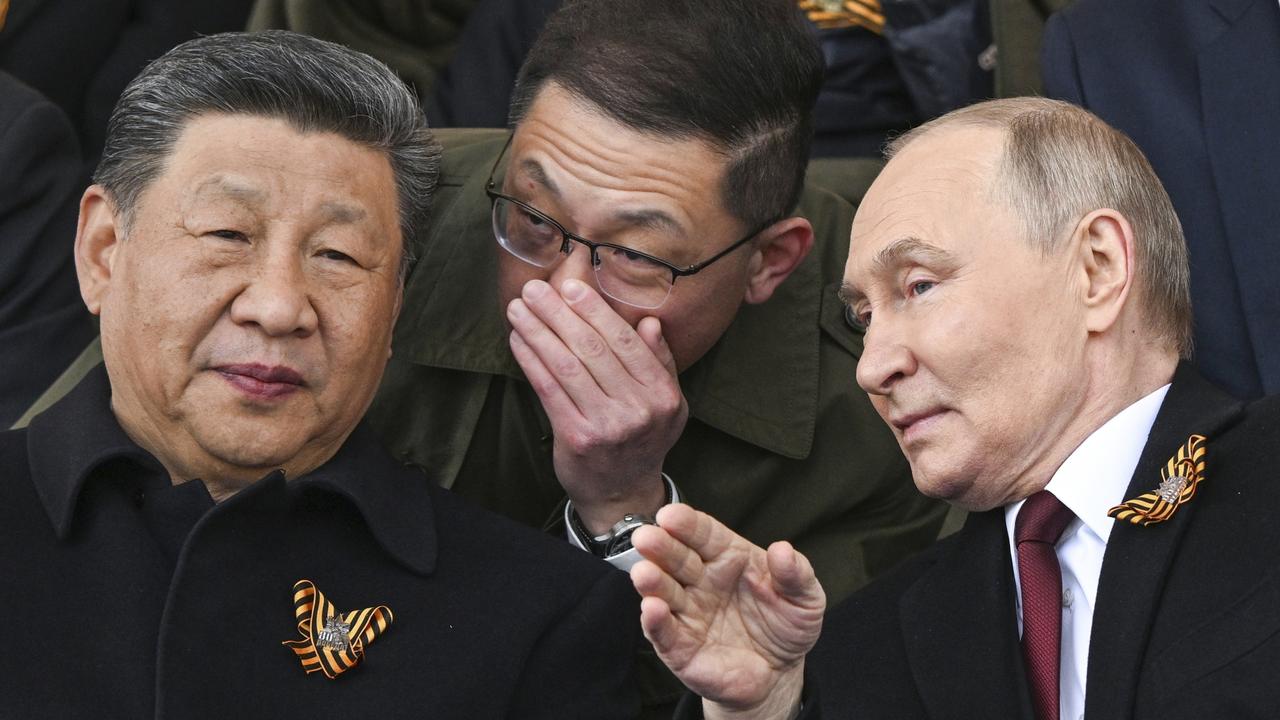

To join the conversation, please log in. Don't have an account? Register
Join the conversation, you are commenting as Logout